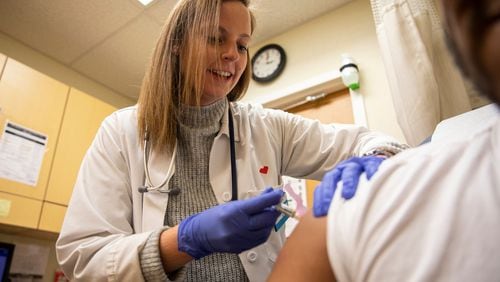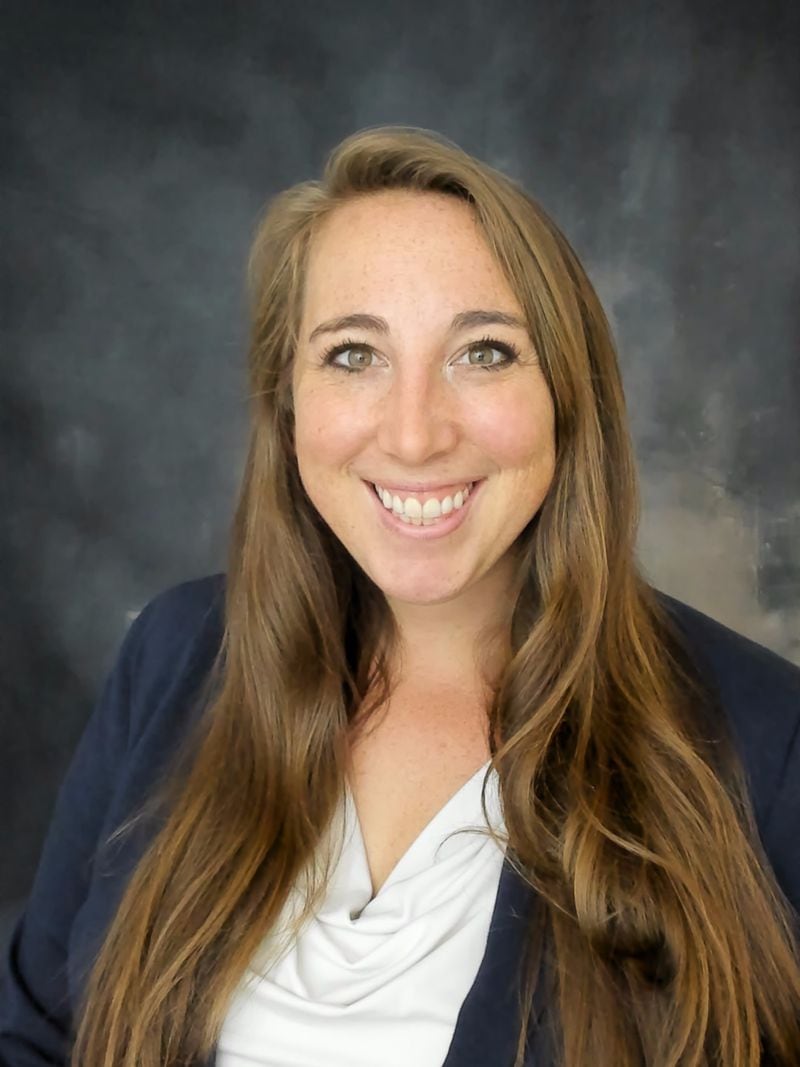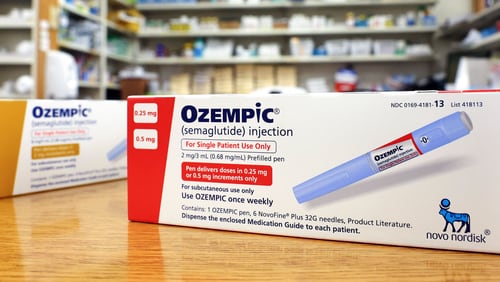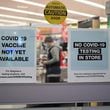The Centers for Disease Control and Prevention will hold its annual Epidemic Intelligence Service (EIS) Conference starting Tuesday, with public presentations on new public health investigations and research on a wide range of topics, including everything from COVID-19 and heat related illnesses to the seasonal flu and improving rabies surveillance.
The EIS officers — better known as CDC’s disease detectives — will give 104 presentations and one of them looks no further than the conference itself last year for a case study in a quickly spreading virus at an event drawing nearly 2,000 people.
In that study, a group of disease detectives took a closer look at just how much the coronavirus spread among last year’s attendees. It was a lot. Based on a survey of about 1,800 attendees with an 80% response rate, 27% either tested positive for COVID or reported COVID-like symptoms.
At the time of the conference, the CDC did not require attendees to wear masks.
The study authors said high levels of vaccination helped avoid serious complications. The conclusions don’t carry any surprises: People should stay up to date on vaccinations, and stay home and away from others if they have respiratory virus symptoms. Wearing a mask is an additional prevention strategy that people can choose to further protect themselves and others, the authors added.
Masks also are not required at this year’s conference.
As an Epidemic Intelligence Service (EIS) officer, Ann investigates disease outbreaks and addresses public health threats.
— CDC (@CDCgov) April 22, 2024
Learn more about EIS and what being a CDC disease detective is all about: https://t.co/i3UCcVFHEy#CDCEIS24 #DiseaseDetectives pic.twitter.com/CubWjWeglb
Meanwhile, Elizabeth Sajewski, an EIS officer who had recently graduated with a PhD in environmental health science from Emory University, worked with CDC colleagues and the Georgia Emerging Infections Program, a partnership between the Georgia Department of Public Health, Emory University and the Atlanta VA Medical Center to examine how a COVID infection can make invasive mold infections even more deadly.
Invasive mold infections are rare but serious fungal infections that typically strike people with weakened immune systems. The fatality rate is between 20% and 50%, according to Sajewski.
But her study of 140 patients at three metro Atlanta hospitals with invasive mold infection found if they had an ongoing or recent COVID infection, they became more critically ill and more likely to die.
When mold spores are inhaled, immune system cells surround and destroy them. But days to weeks after an exposure, some people can develop fungal infections in their lungs and, in the most serious cases, other parts of the body.
The most common type of fungus that triggers the illnesses, aspergillus, is everywhere — indoors and outdoors.
The study found patients who had COVID and a fungal infection at the same time were more likely to require intensive care. In that same group, 75% of them died compared to only 27% of those who had a fungal infection alone.
Sajewski’s research found many of the patients who had a COVID-associated fungal infection were not severely immunocompromised — such as having cancer or taking immunosuppressants for an organ transplant or another condition — before being hospitalized.
It was the COVID infection, “that kind of disrupts the bronchial barriers within our lungs and that’s the way the that the fungus is able to set up shop and invade the lungs.”
Credit: cust
Credit: cust
The study looked at patients in 2020 and 2021 at a time when people had less immunity to COVID and the virus tended to attack the lungs more aggressively. Even so, Sajewski, who is continuing to study how COVID can make people vulnerable to fungal infections, said early findings from patients in 2022 continue to show COVID can increase the risk for serious fungal infections.
Credit: custom
Credit: custom
Clinicians commonly miss fungal infection diagnosis because fungi that infect the lungs can take weeks to diagnose because they often mimic bacterial or viral respiratory illnesses. Fungal infections are also becoming resistant to many antifungal medicines.
“I hope that this research will highlight the growing public health importance of invasive mold infections,” said Sajewski. “With new populations at risk of severe outcomes adding to other emerging concerns, I encourage people and clinicians to ‘think fungi,’ especially with severe respiratory infections.”
The CDC’s EIS program is a two-year post-graduate training program of service and on-the-job learning for health professionals and scientists interested in the practice of applied epidemiology. There are a total of 172 EIS officers with positions around the country, and they will gather to share scientific findings and strategies for tackling some of our biggest public health challenges.
In addition to the presentations, current and former disease detectives will give a behind-the-scenes look at their experiences in TED-style talks which include the following:
- Living in the Response: A Decade of Life and Work in the Appalachian Coal Fields
- Trials and Tribulations: The Journey to a Maternal Group B Streptococcus Vaccine
- People, Prevention, Porta-potties: Understanding Access to Restrooms, Hygiene Resources, and Shelter amid an Increase in Hepatitis A Virus in San Diego
- A Story Data Can’t Tell: The Impact of Violence in Black Communities
- Struggles and Triumphs of Women in Coal Mining
2024 CDC EIS Conference
Tuesday-Friday, Atlanta Marriott Marquis, 265 Peachtree Center Ave. Free and open to the public. Presentations will also be live-streamed with recordings available via a virtual platform. Event registration is required for attendance and will remain open throughout the conference. For more information and to register go to https://www.cdc.gov/eis/conference/index.html
About the Author









